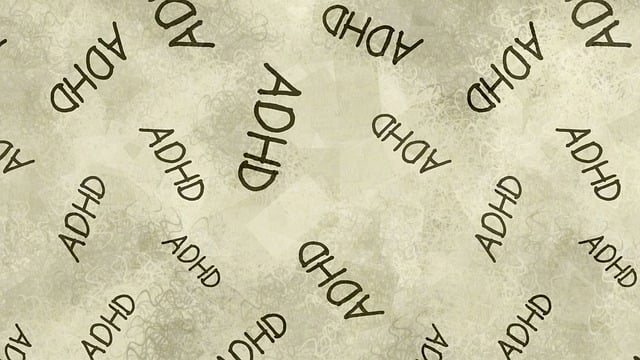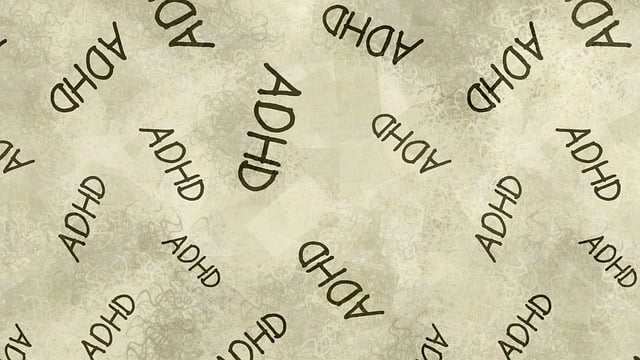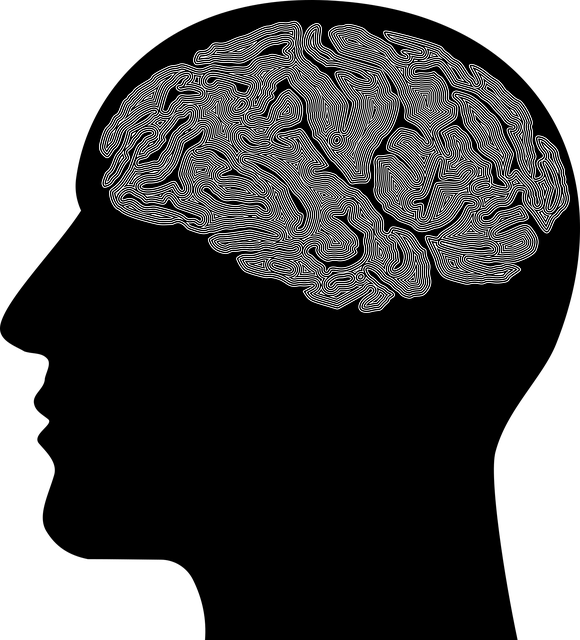Cultivating resilience in young children through mindfulness practices like breathing exercises, guided meditations, role-playing, storytelling, and journaling is a powerful therapy. Integrating these techniques into classrooms and therapy sessions creates safe spaces for emotional exploration, stress management, and enhanced mental wellness. Regular mindfulness practice improves academic performance, social skills, and overall quality of life, making it an essential component of childhood development and mental health policy advocacy.
“Unleashing resilience in young minds is a powerful tool for their overall well-being, especially in today’s fast-paced world. This article explores the effectiveness of RFM (Resilience, Flexibility, and Mastery) as a therapeutic approach tailored for children. We delve into the benefits of RFM, offering practical strategies to build resilience within the classroom setting. Additionally, we uncover the transformative power of mindfulness practices, providing simple yet effective ways to integrate them into daily routines, fostering a sense of calm and enhancing children’s emotional intelligence.”
- Understanding RFM and Its Benefits for Young Children
- Practical Resilience-Building Exercises for the Classroom
- Integrating Mindfulness into Daily Routines for Enhanced Well-being
Understanding RFM and Its Benefits for Young Children

Understanding RFM, or Resilience, Flexibility, and Mindfulness, offers a powerful framework for enhancing the well-being of young children. This approach focuses on nurturing inner strength and emotional resilience, which are vital components of their overall development. By integrating mindfulness practices into therapy sessions for young children, professionals can create a safe space for them to explore and manage their emotions effectively. RFM techniques have been shown to promote mental wellness, fostering a sense of calm and enhancing their ability to cope with life’s challenges.
In the context of a Mental Wellness Podcast Series Production, these exercises can be tailored to engage young listeners, teaching them valuable skills for emotional well-being promotion techniques. Through interactive stories and guided meditations, children learn to recognize and accept their feelings, thereby building a stronger connection with their inner selves. This early introduction to mindfulness sets the foundation for better mental health as they grow, equipping them with tools to navigate life’s complexities with greater ease.
Practical Resilience-Building Exercises for the Classroom

Resilience is a vital skill for children to cultivate, especially as they navigate the challenges of growing up. Incorporating resilience-building exercises into the classroom can create a safe space for young minds to develop emotional agility and coping mechanisms. One effective approach is through mindfulness practices tailored for children. Simple breathing exercises, guided visualizations, and body scans can help students calm their minds and become more aware of their emotions. These techniques not only enhance self-awareness but also provide tools to manage stress, making them valuable assets for a child’s overall mental wellness.
Additionally, interactive activities like role-playing scenarios, storytelling, and creative arts offer unique avenues for resilience development. Role-playing allows children to explore different emotional responses and practice adaptive behaviors in a safe environment. Storytelling encourages imagination, helping kids make sense of their experiences and build confidence in their ability to overcome obstacles. Journaling prompts, as part of Mental Wellness Coaching Programs Development, can further foster self-reflection and provide an outlet for processing emotions, making it an excellent way to support the growing minds of young students.
Integrating Mindfulness into Daily Routines for Enhanced Well-being

Integrating mindfulness into daily routines has emerged as a powerful tool for enhancing well-being, especially among young children. This practice, often seen as therapy for young children, goes beyond mere relaxation. It equips them with essential skills to navigate life’s challenges, fostering self-awareness and emotional regulation. By incorporating simple mindfulness exercises into their everyday activities, from mindful breathing during playtime to focused attention while eating, kids can develop a stronger sense of presence and resilience.
Mindfulness, in this context, serves as a game-changer not only for individual mental health but also for burnout prevention. It empowers children to manage stress, boost confidence, and make conscious choices, contributing to a holistic Mental Health Policy Analysis and Advocacy approach. Regular practice can lead to improved academic performance, better social interactions, and enhanced overall quality of life, making it an integral part of modern childhood development.
Implementing RFM (Resilience, Flexibility, and Mindfulness) exercises in educational settings offers a powerful approach to nurturing young minds’ resilience. By integrating these practices into daily routines, teachers can create a supportive environment that enhances children’s emotional well-being. This holistic approach, combining RFM with mindfulness techniques, has the potential to revolutionize therapy for young children, fostering adaptability and mental robustness from an early age.














